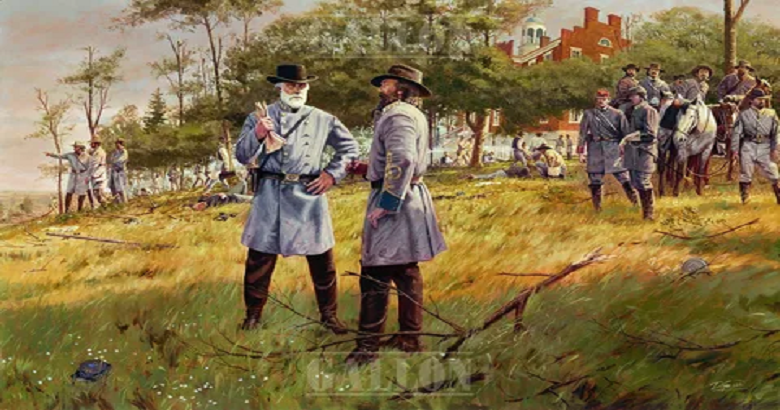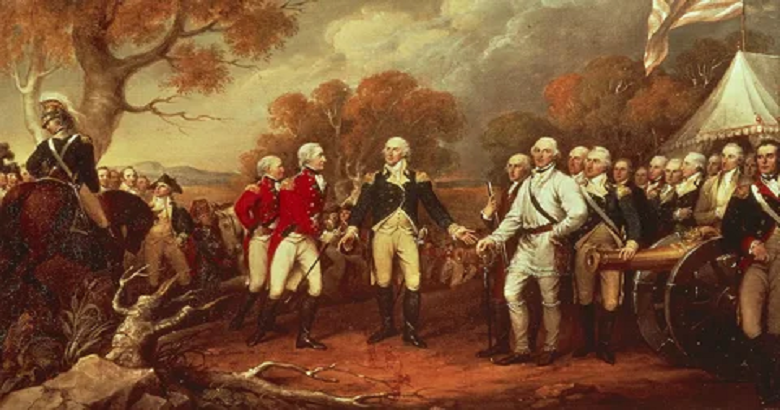Fiction is a cornerstone of literature, providing readers with a gateway to explore diverse worlds, characters, and narratives. Among the various genres within fiction, “general fiction” holds a unique place due to its broad and inclusive nature. Unlike genre fiction, which adheres to specific conventions and categories like mystery, romance, or science fiction, general fiction encompasses a wide range of stories that do not fit neatly into any one genre. This blog post delves into what defines a general fiction book, its characteristics, and provides some notable examples for better understanding.
Defining General Fiction
General fiction, also known as literary fiction, is a category of fiction that focuses on narrative, character development, and thematic depth rather than fitting into a specific genre mold. These books often explore complex human experiences, social issues, and emotional journeys, aiming to provide readers with profound insights into life and human nature.
Distinction from Genre Fiction
While genre fiction is driven by plot and follows established conventions (e.g., a detective solving a crime in mystery fiction), general fiction prioritizes character development and thematic exploration. The plot in general fiction serves as a vehicle to delve into the intricacies of human behavior, societal norms, and philosophical questions.
Characteristics of General Fiction

Emphasis on Character Development
General fiction often focuses on the inner lives of its characters. Writers spend considerable effort developing complex, multi-dimensional characters whose personal growth and emotional journeys drive the narrative. These characters are often relatable and realistic, allowing readers to see themselves in the story.
Exploration of Themes
Themes in general fiction are varied and profound, often dealing with existential questions, moral dilemmas, and social issues. Common themes include love, loss, identity, family dynamics, and the human condition. The exploration of these themes is usually nuanced and thought-provoking, encouraging readers to reflect on their own lives and beliefs.
Realistic Settings
The settings in general fiction are typically realistic and meticulously described, grounding the story in a world that feels authentic. This realism helps to enhance the relatability of the characters and their experiences, making the narrative more immersive for the reader.
Literary Style
General fiction often showcases a literary style that emphasizes quality of writing, including attention to language, structure, and stylistic elements. Authors of general fiction frequently employ metaphor, symbolism, and other literary devices to enrich the narrative and add layers of meaning.
5Open-Ended Conclusions
Unlike genre fiction, which often resolves plotlines neatly, general fiction may leave some questions unanswered or offer open-ended conclusions. This ambiguity can reflect the complexities of real life, where not all conflicts are resolved, and not all questions are answered.
Examples of General Fiction Books
1. “To Kill a Mockingbird” by Harper Lee
One of the most celebrated works of American literature, “To Kill a Mockingbird” is a prime example of general fiction. The novel explores themes of racial injustice, moral growth, and empathy through the eyes of Scout Finch, a young girl in the racially charged South. The character development of Scout and her father, Atticus Finch, along with the realistic setting of Maycomb, Alabama, make it a quintessential general fiction book.
2. “The Catcher in the Rye” by J.D. Salinger
“The Catcher in the Rye” is another iconic general fiction novel that delves into the psyche of its protagonist, Holden Caulfield. The book explores themes of alienation, identity, and the loss of innocence. Salinger’s literary style and the realistic portrayal of Holden’s struggles make it a timeless piece of general fiction.
3. “Beloved” by Toni Morrison
Toni Morrison’s “Beloved” is a profound exploration of slavery, trauma, and motherhood. The novel’s richly developed characters, particularly Sethe, and its deep exploration of themes such as memory and identity, exemplify the characteristics of general fiction. Morrison’s literary style and the novel’s immersive setting further solidify its place in general fiction.
4. “Pride and Prejudice” by Jane Austen
While often categorized as a romance, Jane Austen’s “Pride and Prejudice” fits well within general fiction due to its exploration of social class, marriage, and individual growth. The character development of Elizabeth Bennet and Mr. Darcy, along with Austen’s keen social commentary, highlight the novel’s general fiction qualities.
5. “The Road” by Cormac McCarthy
“The Road” is a harrowing tale of a father and son’s journey through a post-apocalyptic world. The novel’s focus on the characters’ relationship, their emotional struggles, and the overarching themes of survival and hope, make it a prime example of general fiction. McCarthy’s sparse, yet evocative writing style adds to the novel’s impact.
6. “Valcara Incorporated Series” by Michael Karolewski
“The Soul Sector”: The first book in the Valcara Incorporated Series, “The Soul Sector,” is a complex and emotionally charged narrative that explores themes of morality and grief. The story follows Rose Ryder, who finds herself in Valcara, a dystopian purgatory where souls are bought and sold. Rose’s journey to reunite with her deceased sister while navigating the corrupt and zany afterlife exemplifies the depth and thematic richness of general fiction. The novel’s realistic emotional struggles, combined with its unique setting, highlight the essence of the genre.
“The Prophet’s Debt”: The second book in the series continues Rose’s journey, delving deeper into themes of heroism, corruption, and interdimensional collusion. Rose’s quest to find her friend Jade’s soul and her encounters with treacherous factions on Earth and in Valcara underscore the series’ exploration of complex moral landscapes and human resilience.
The Appeal of General Fiction

Universality
One of the key appeals of general fiction is its universality. These books address themes and experiences that resonate with a wide audience, regardless of their background or interests. The focus on character and theme over plot allows readers to connect with the story on a deeper emotional level.
Intellectual Engagement
General fiction often challenges readers to think critically and reflect on complex issues. The nuanced exploration of themes and characters encourages readers to engage intellectually with the text, fostering a deeper understanding of the human condition.
Emotional Depth
The emphasis on character development and realistic settings in general fiction often leads to a powerful emotional impact. Readers become invested in the characters’ journeys, experiencing their triumphs and tragedies alongside them.
Literary Quality
For those who appreciate the art of writing, general fiction offers a rich literary experience. The use of sophisticated language, literary devices, and creative narrative structures enhances the reading experience, making it both enjoyable and intellectually stimulating.
Finale Round
General fiction, with its focus on character development, thematic depth, and literary quality, offers a rich and rewarding reading experience. It stands apart from genre fiction by prioritizing the exploration of human experiences and social issues over conventional plot structures. Through its realistic settings, complex characters, and thematic exploration, general fiction provides readers with profound insights into life and the human condition.
Whether you are looking for emotional depth, intellectual engagement, or simply a beautifully written story, general fiction has something to offer. The examples provided, from “To Kill a Mockingbird” to the “Valcara Incorporated Series,” illustrate the diversity and richness of this category. As you explore general fiction, you will find stories that resonate on a personal level, challenge your thinking, and leave a lasting impact.
Frequently Asked Questions
1. What is general fiction?
General fiction, also known as literary fiction, is a category of fiction that focuses on narrative, character development, and thematic depth rather than adhering to specific genre conventions. These books often explore complex human experiences, social issues, and emotional journeys.
2. How does general fiction differ from genre fiction?
General fiction prioritizes character development and thematic exploration over plot-driven narratives. In contrast, genre fiction follows established conventions and categories, such as mystery, romance, or science fiction, and is driven by plot.
3. What are common themes in general fiction?
Common themes in general fiction include love, loss, identity, family dynamics, moral dilemmas, social issues, and the human condition. These themes are explored in a nuanced and thought-provoking manner.
4. Can you give examples of general fiction books?
Examples of general fiction books include “To Kill a Mockingbird” by Harper Lee, “The Catcher in the Rye” by J.D. Salinger, “Beloved” by Toni Morrison, “Pride and Prejudice” by Jane Austen, and the “Valcara Incorporated Series” by Michael Karolewski.
5. Why should I read general fiction?
Reading general fiction offers a rich and rewarding experience by providing profound insights into life and human nature. These books challenge readers to think critically, engage emotionally, and appreciate the art of writing through sophisticated language and literary devices.

